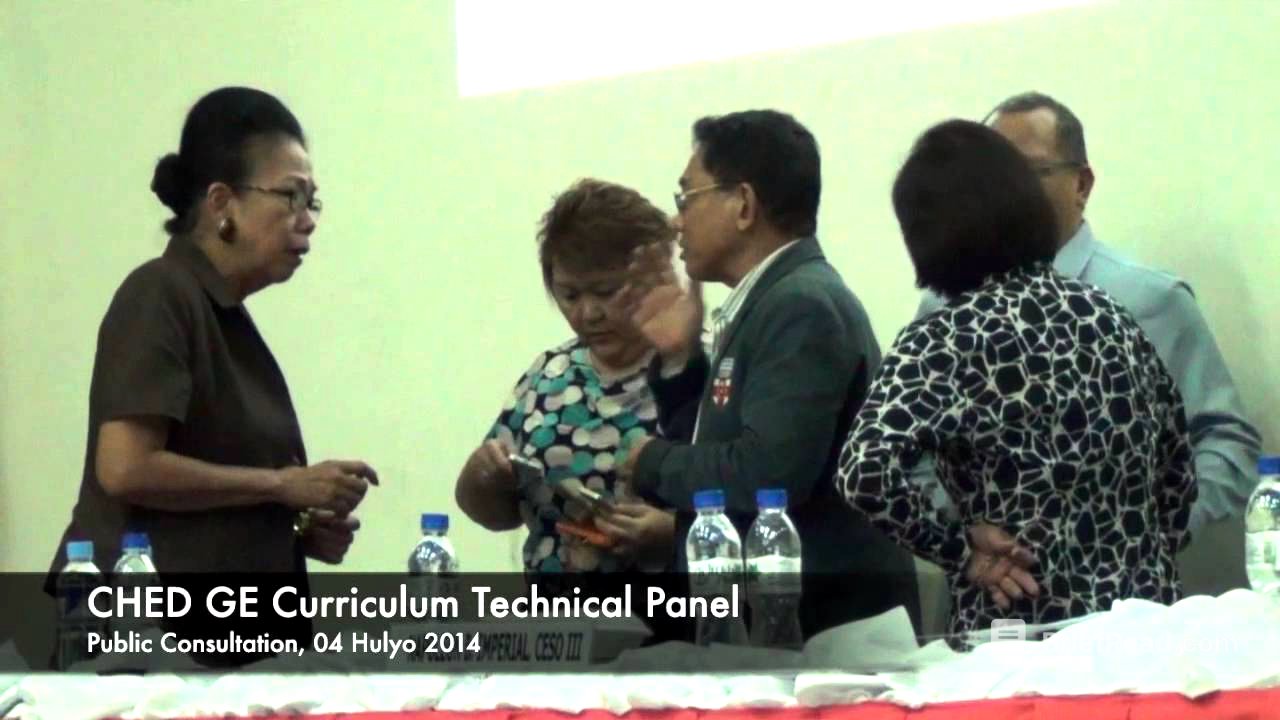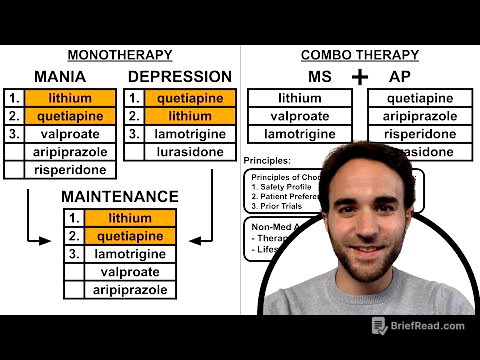TLDR;
This video discusses concerns and criticisms surrounding the K-12 education reform in the Philippines and the Commission on Higher Education (CHED) memorandum. It highlights the potential negative impacts on Filipino language education, teacher employment, and the alignment of the education system with national development goals versus foreign economic interests.
- The K-12 program aims to meet international standards and improve Filipino labor mobility but may stretch already limited resources and increase dropout rates.
- The CHED memo reduces general education units in college, removes Filipino subject requirements, and threatens Filipino departments and teachers' jobs.
- The speaker argues for sufficient state support for basic education and criticizes the prioritization of foreign economic needs over the needs of the majority of Filipinos.
Introduction to K-12 Reform [0:08]
The K-12 program in the Philippines aims to improve basic education by adding two more years to align with international standards. Proponents believe this will better equip students for jobs and facilitate overseas employment. However, there are concerns that the existing education system already lacks resources, leading to high dropout rates. The focus on vocational technical streams may limit educational accessibility and push students towards low-paying jobs abroad.
Criticisms of K-12 Implementation [0:33]
Critics argue that the K-12 program may exacerbate existing problems in the Philippine education system due to insufficient resources. There's a concern that increasing the years of schooling will stretch resources even further, potentially leading to higher dropout rates. The emphasis on vocational training is seen as steering students towards overseas employment in low-skilled jobs, rather than promoting higher education and national development.
Position on K-12 and State Support [2:49]
The speaker emphasizes that the core issue is not just the number of years in education but the lack of adequate state support. Sufficient resources, including books, classrooms, and teacher training, are essential to ensure that all children can complete basic education. The goal should be 100% graduation from basic education, which is crucial for national development.
Impact of CHED Memo on Filipino Language [3:36]
The CHED memo reduces the general education curriculum in colleges from 60 to 36 units due to the implementation of K-12. This change removes Filipino as a required subject, raising concerns about the future of Filipino language education in universities. There are fears that Filipino departments may close, leading to job losses for teachers and a decline in higher-level research in Filipino.
Consequences of CHED Memo [4:52]
The removal of Filipino language requirements in college is seen as detrimental to the intellectualization and advancement of Filipino as an academic discipline. The language, a symbol of national identity, should be used in all fields of knowledge. Language planning involves corpus planning, status planning, and language acquisition, all of which are threatened by the CHED memo.
Language Planning and Colonial Education [6:09]
The poor condition of the Filipino language is attributed to internationalization and the marketization of education. A strong counter-current is needed to undo the effects of the colonial education system. The K-12 curriculum and CHED memo are linked to national development policies that promote privatization, deregulation, and a labor export policy.
Economic Alignment and Language Promotion [7:20]
The curriculum is being adapted to align with the needs of foreign countries, particularly in the service sector, such as business process outsourcing. This focus on foreign needs leads to the promotion of English and the weakening of Filipino. The implementation of K-12 may result in enrollment losses for universities and colleges, potentially leading to layoffs.
Call to Action and Opposition [8:36]
The speaker calls for continued use of Filipino in higher education, both as a separate subject and as the language of instruction. It's crucial to prevent the destruction of Filipino as a legitimate language of research and intellectual work. The issue of language is tied to the broader education system and the ideologies permeating society. The speaker opposes the CHED memo and K-12, advocating for educational policies that address the needs of the majority of Filipinos.









